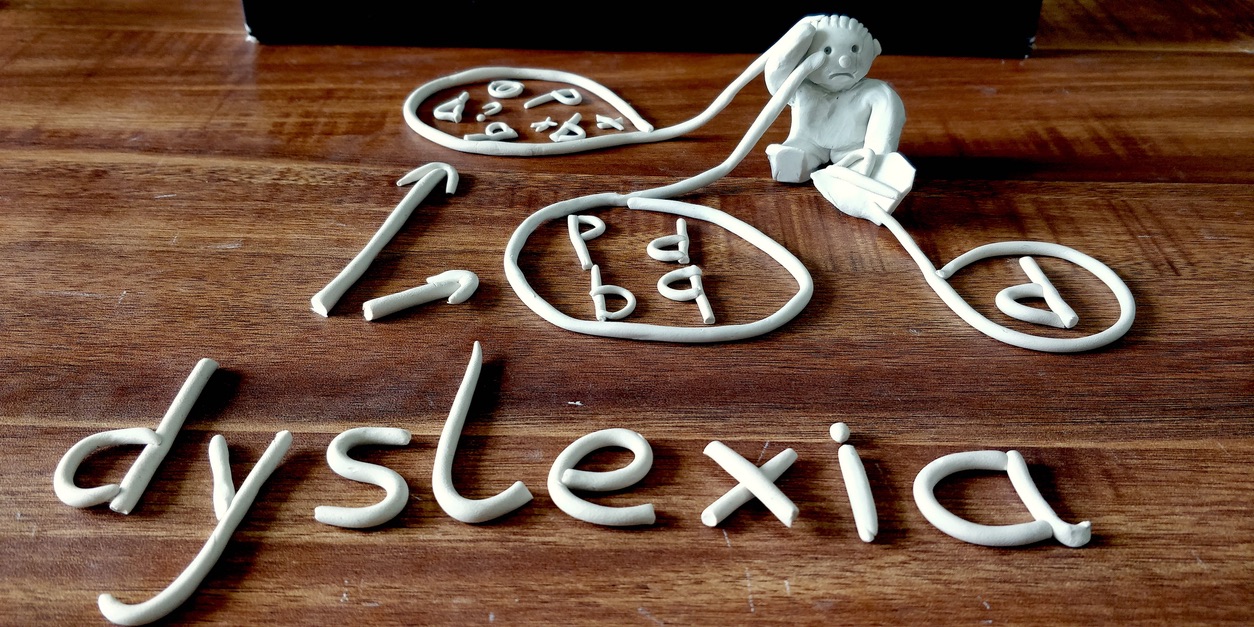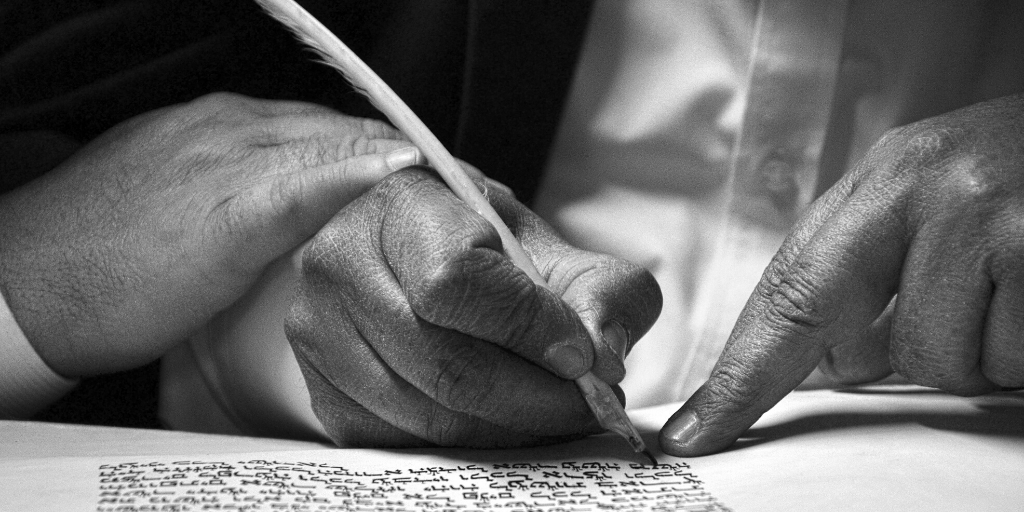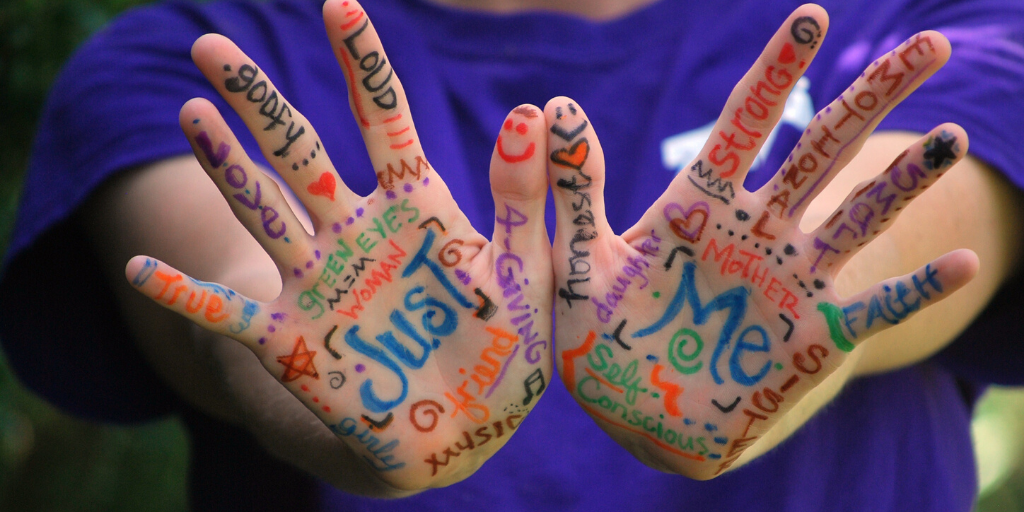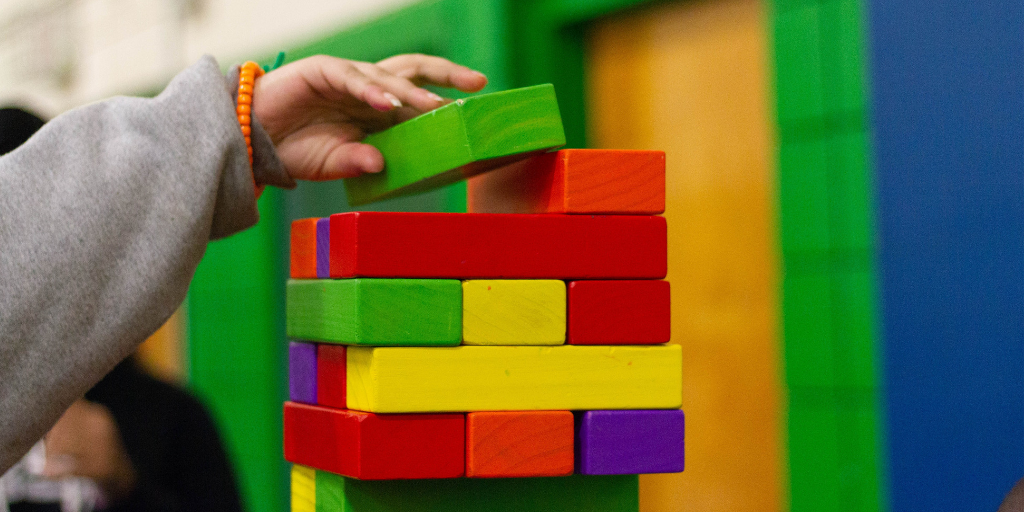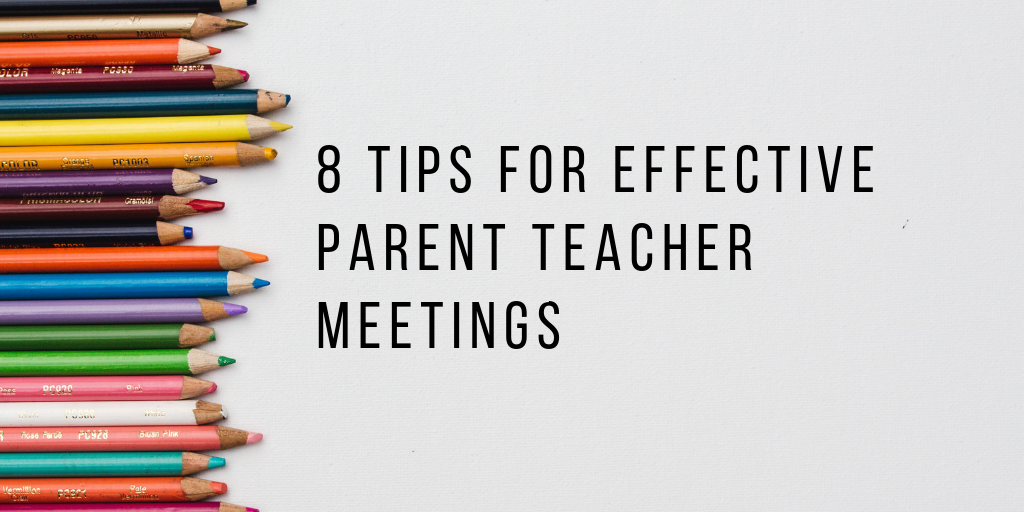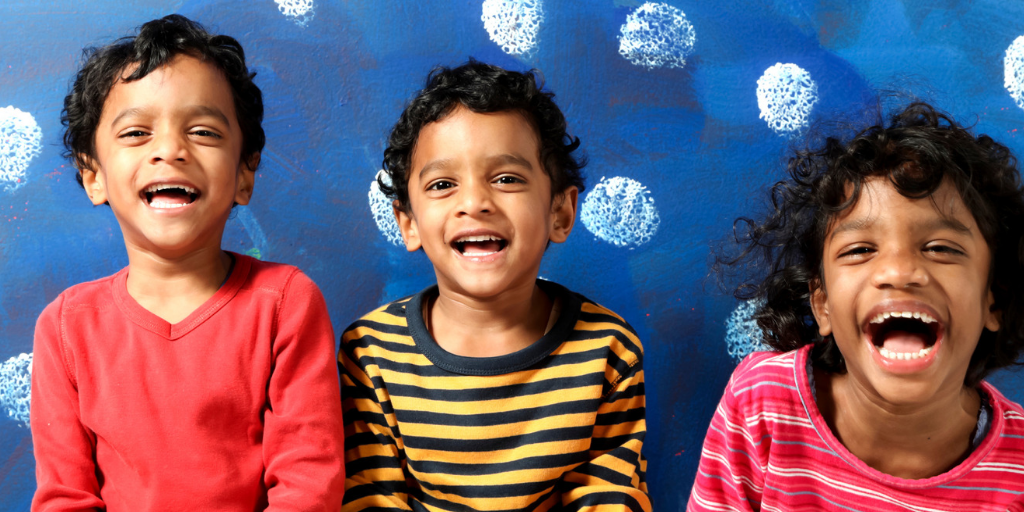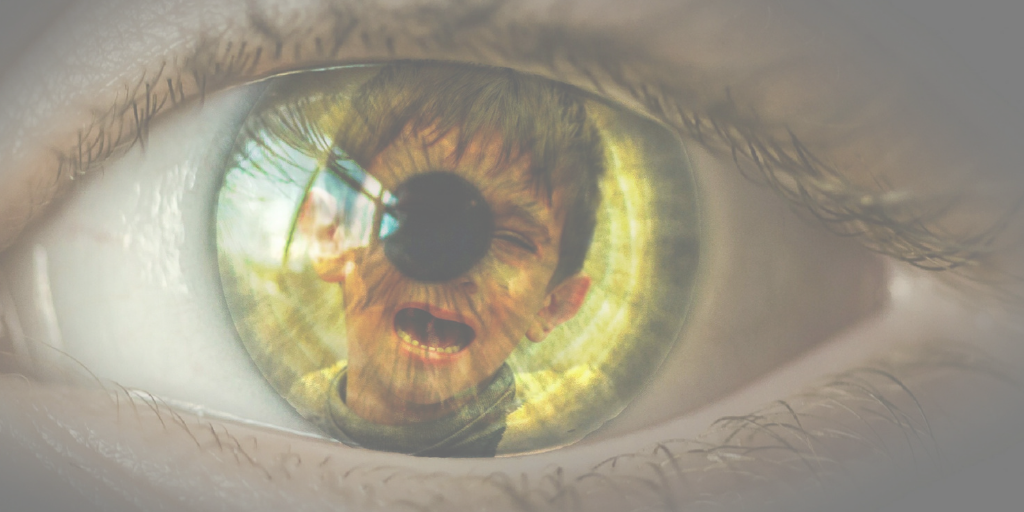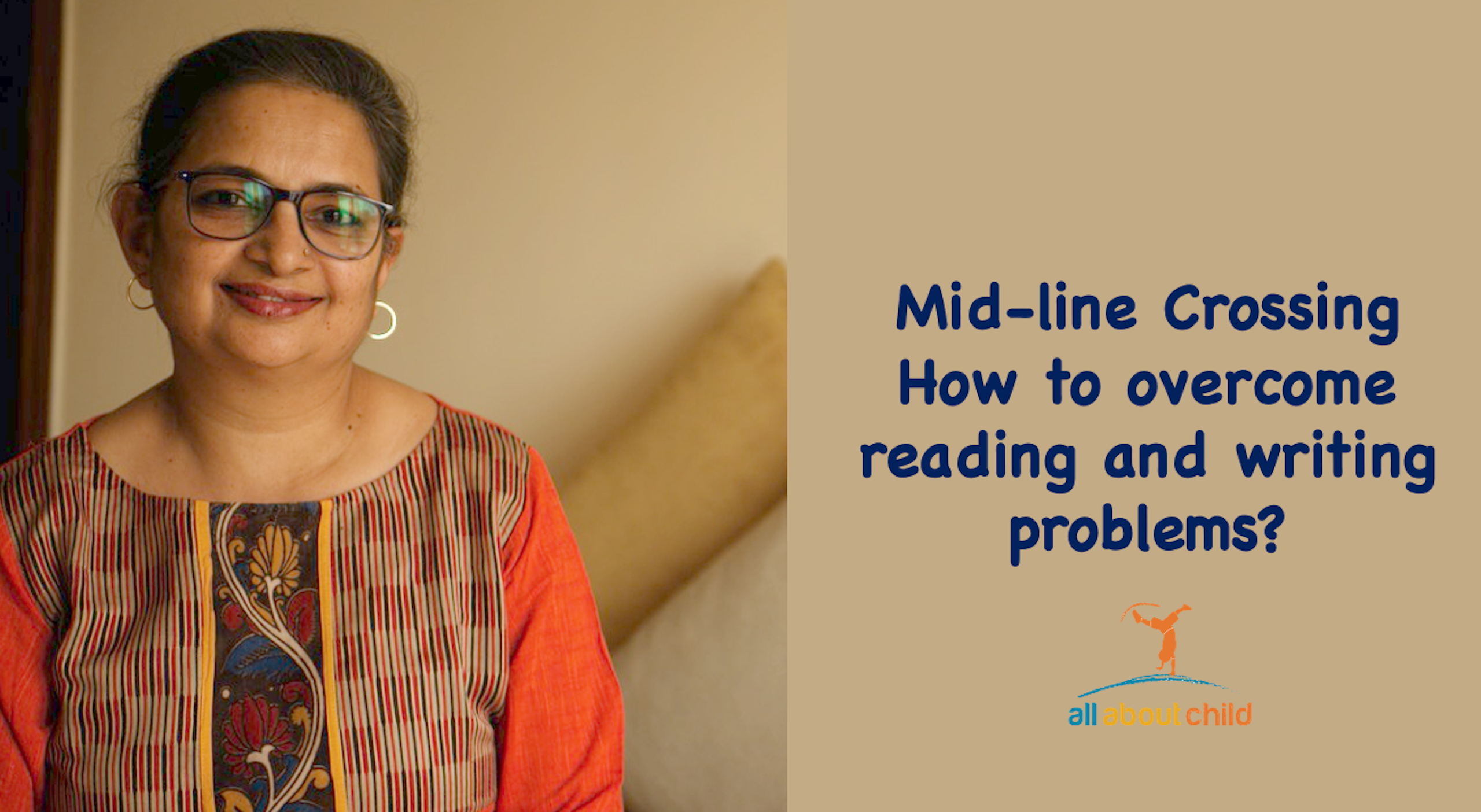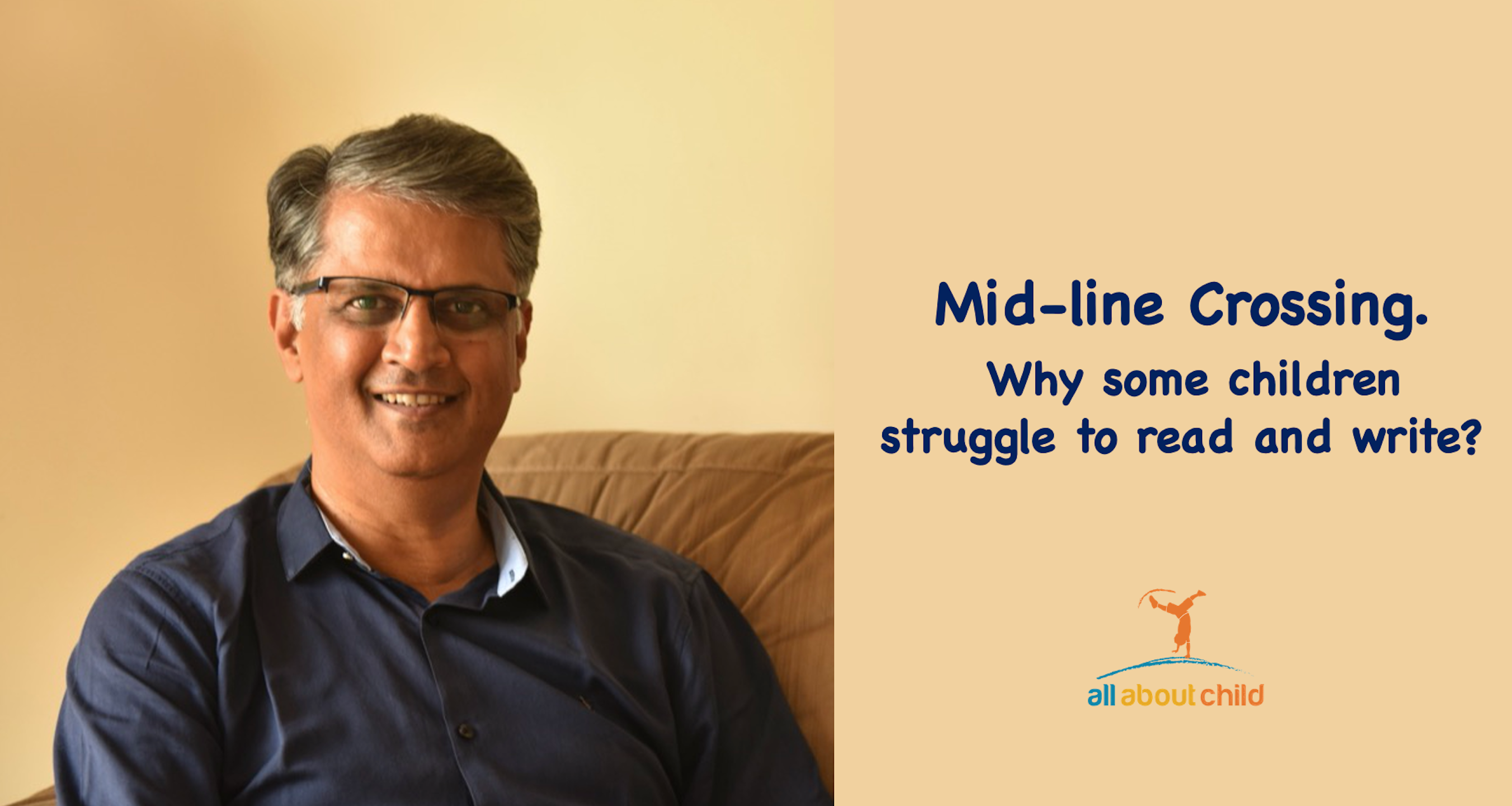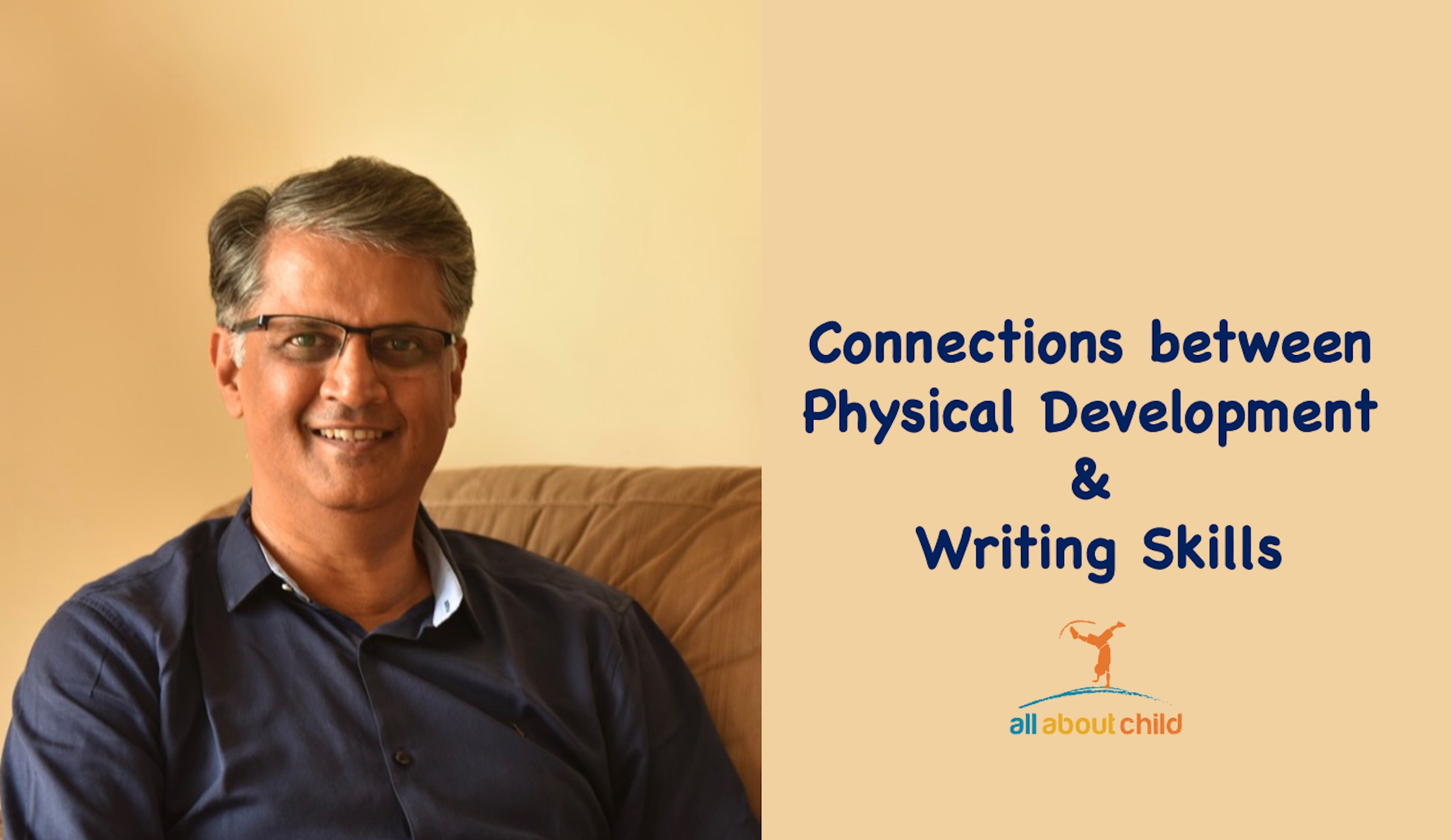What is physical abuse? Physical abuse includes slapping, hitting, pinching, spanking, or any other forms of abuse that causes physical pain in children.
No parent would like to intentionally inflict harm on their children nor would they like to see their children being harmed by others. Parents know that physical abuse is not good for the child. Even then, why do one in three parents continue to physically abuse children in one form or the other? Most often parents regret having caused harm but they don’t know how to handle the situation and do not realise the long-term damage of their actions.
Often some parents tend to choose easy methods in disciplining children when they misbehave, not listen, answer back, trouble with reading, writing, etc. There are several proven effective methods to discipline children without abusing them physically or verbally.
In this article let’s explore and understand what happens to the children when children are subject to physical abuse. Other forms of abuse (e.g. verbal abuse) is once again a serious concern and will be covered in a separate article.
1. Safety precedes learning
Let’s explore Maslow’s theory of “Hierarchy of needs”. The “layer of needs” that need to be fulfilled for a human being to thrive and contribute to society as a physically and mentally healthy person. These needs are simple and are listed in order. The first need for a human being is food, water, clean air to breathe etc. The second need is shelter and physical safety. When children are physically abused their basic need for safety is compromised. Children in this situation are constantly busy protecting themselves against abuse and find it challenging to focus on learning. Their preoccupation with their own safety in the presence of the abuser hinders or stops their ability to learn.
2. Children learn that physical abuse is acceptable behavior.
Let’s get the facts straight i.e. parents are bigger and stronger than children. Some parents also think that they know more than the children and physically abuse the children to prove themselves right without giving a chance for the child to talk. The parents should remember that the child is constantly learning by observing them. In the learning process, the message that gets transmitted to the children from parents is: “it is ok to physically abuse people who are smaller and weaker than them”. Parents should not be surprised if they find their children are bullying other smaller children in school or grow up to be abusers in their adult life.
3. Children don’t learn self-control
Parents often come home frustrated from work and give themselves permission to lose control while dealing with situations at home. After inflicting the pain the parents later regret their actions but it is too late and the damage is difficult to correct. In this process, the children are failing to learn that there are other means of dealing with frustration and losing self-control is not the only means of dealing with the frustration. Over a period, the children also resort imitating the behavior of parents.
4. Causes Emotional damage
Physical abuse does enormous damage to a child’s emotional development. They tend to grow up as angry, resentful adults or extremely scared and docile adults with psychological and emotional problems. The more physical abuse the children receive the more defiant they are towards parents and other adults. Ultimately there are strong chances of children growing up and repeating the same with their children and spouses. This has a profound lifelong impact on children.
5. Impacts the bond between parents and children.
It is not human nature to feel love towards someone who hurts. Physical abuse, even when it appears to work, will produce only temporary good behaviour. Parents should realise that the abuse can continue only until the child is old enough to resist. Unfortunately, physical abuse remains etched in the children’s memory forever and is challenging to erase. Children either turn around and rebel may look for substances that give them pleasure or totally walkout on abusive parents.
Time for parents to step back and introspect the kind of environment they would like to create for the children and shape their lives. Unfortunately, there is no readymade guide on parenting that fits all and can be followed by all to be more effective parents. But there are a few strategies that parents can use to help children regulate their behaviour. Want to read a few strategies…
Related topics

